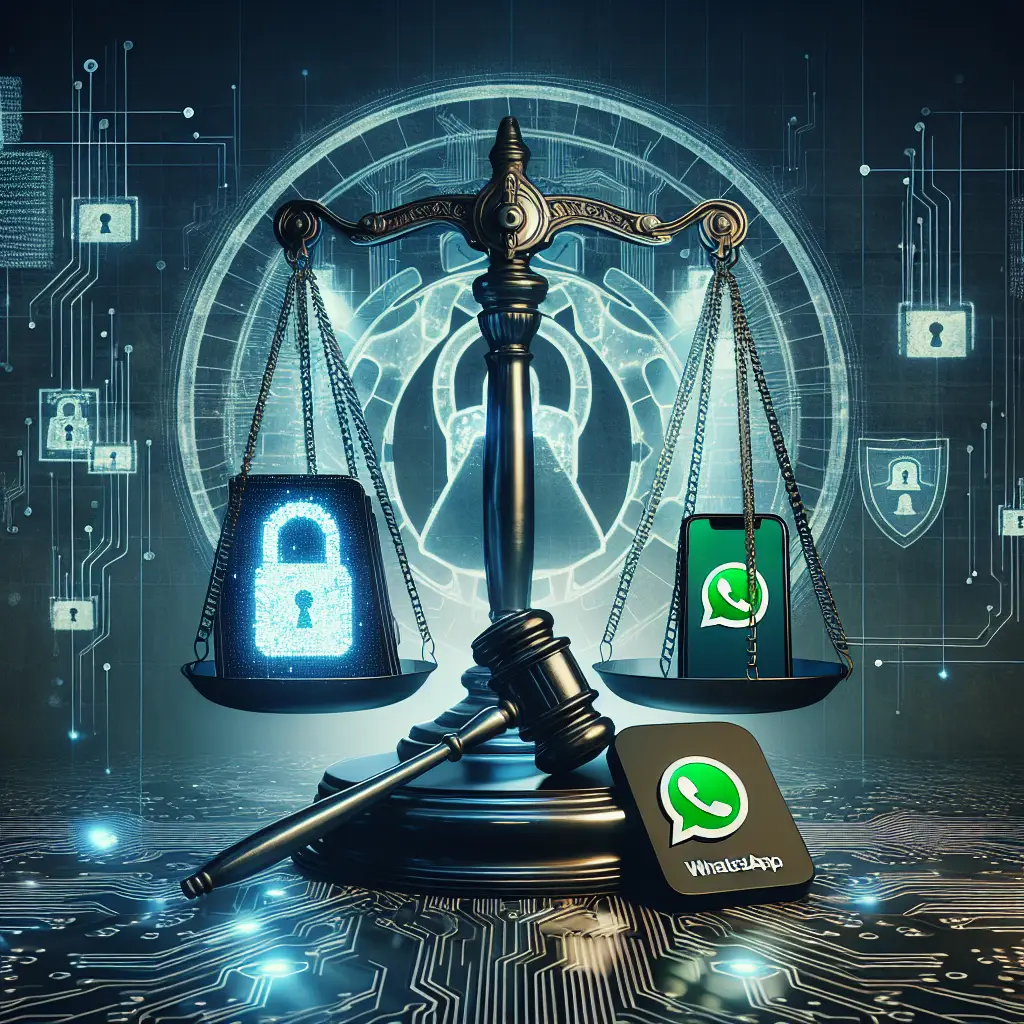Landmark Ruling Against NSO Group in WhatsApp Hacking Case
NSO Group Faces Accountability
In a landmark case, a US court has held the Israeli spyware firm, NSO Group, accountable for its alleged role in hacking WhatsApp users. This ruling comes after WhatsApp, owned by tech giant Meta, accused NSO Group of exploiting a vulnerability in its platform to deploy the infamous Pegasus spyware. Over 1,400 individuals across 20 countries, including journalists, activists, and diplomats, were reportedly targeted in the 2019 attack.
The Court’s Decision: A Blow to Private Surveillance
The court rejected NSO Group’s primary defense of “sovereign immunity,” which claims their software was used by governments. This ruling affirms that private companies cannot avoid responsibility simply because their tools were used for state-sponsored surveillance. Legal experts hailed the court’s firm stance, emphasizing its importance in protecting user privacy rights in the digital era.
Global Implications for Cybersecurity
This significant decision highlights the growing concern over the misuse of surveillance technology. It sets an important precedent and sends a clear message to spyware firms: accountability cannot be evaded through claims of governmental agency or immunity.
The Stakes for NSO Group
NSO Group now faces not only reputational damage but also legal and financial consequences. The company has repeatedly stated it creates its software to combat crime and terrorism, but mounting evidence and lawsuits suggest the technology has been abused to target vulnerable individuals.
What This Means for Users
For everyday users, this ruling underlines the importance of securing personal data against malicious actors. Platforms like WhatsApp have been at the forefront of adding encryption protections to combat such threats. However, the misuse of surveillance tools underscores the critical need for global regulatory measures to curb their abuse.
Key Takeaways
- The US court’s decision marked a win for user privacy and digital security.
- Private spyware firms are now more vulnerable to lawsuits and judicial scrutiny.
- The ruling advocates for stricter regulations on global surveillance technology.
Conclusion
As the cybersecurity landscape evolves, this case serves as a sobering reminder of the risks associated with unchecked surveillance tools. For users and privacy advocates, the ruling is a significant step toward safeguarding online freedoms. Meanwhile, governments and organizations must prioritize stricter enforcement to ensure technology is used responsibly and ethically.
Don’t miss out on updates regarding privacy rights and digital security—stay informed!







